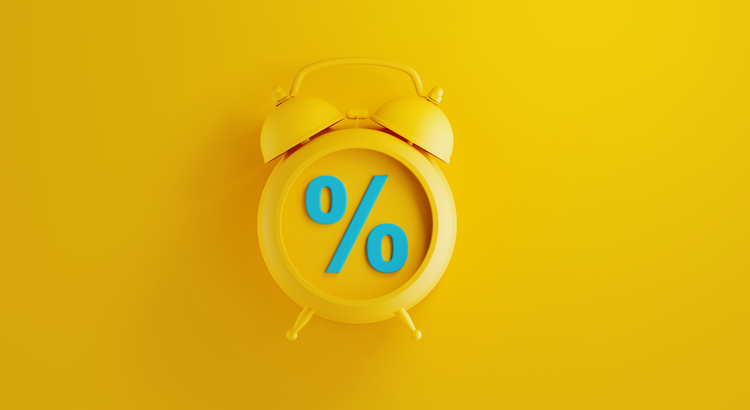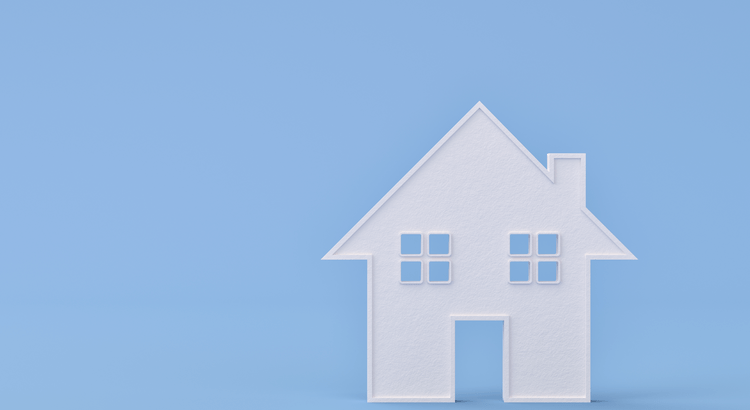
Homeowners Gained $28K in Equity over the Past Year
Homeowners Gained $28K in Equity over the Past Year If you own a home, your net worth has probably gone up a lot over the past year. Home prices have been rising, which means you're building equity much faster than you might think. Here’s how it works. Equity is the current value of your home minus what you owe on the loan. Over the past year, there have still been more people wanting to buy than there are homes available for sale, and that’s pushed prices up. That rise in prices has translated directly into increasing equity for homeowners. How Much Equity Have You Earned over the Past 12 Months? According to the latest Homeowner Equity Insights from CoreLogic, the average homeowner's equity has grown by $28,000 in the last year alone. That's the national average, so if you want to see what's happening in your state, check out the map below. It uses data from CoreLogic to show how much equity has grown in each state over the past year. You’ll notice every single state with sufficient data saw annual equity gains: What If You Bought Your House Before the Pandemic? If you bought your house before the pandemic, the equity news is even better. According to data from Realtor.com, home prices shot up by 37.5% from May 2019 to May 2024, meaning your home's value has likely increased significantly. Ralph McLaughlin, Senior Economist at Realtor.com, says: “Homeowners have seen extraordinary gains in home equity over the past five years.” To give context to how much equity can stack up over time, Selma Hepp, Chief Economist at CoreLogic, explains the total equity the typical homeowner has today: “With home prices continuing to reach new highs, owners are also seeing their equity approach the historic peaks of 2023, close to a total of $305,000 per owner.” How Your Rising Home Equity Can Help You With how prices skyrocketed a few years ago, and the ongoing price growth today, homeowners clearly have substantial equity built up – and that has some serious benefits. You could use it to start a business, fund an education, or even to help you afford your next home. When you sell, the equity you’ve built up comes back to you, and may be enough to cover a big part – or even all – of your next home’s down payment. Bottom Line If you're planning to move, the equity you've gained can really help. Curious about how much you have and how you can use it to help pay for your next home? Let's connect.

The Best Way To Keep Track of Mortgage Rate Trends
The Best Way To Keep Track of Mortgage Rate Trends If you’re thinking about buying a home, chances are you’ve got mortgage rates on your mind. You’ve heard about how they impact how much you can afford in your monthly mortgage payment, and you want to make sure you’re factoring that in as you plan your move. The problem is, with all the headlines in the news about rates lately, it can be a bit overwhelming to sort through. Here’s a quick rundown of what you really need to know. The Latest on Mortgage Rates Rates have been volatile – that means they’re bouncing around a bit. And, you may be wondering, why? The answer is complicated because rates are affected by so many factors. Things like what’s happening in the broader economy and the job market, the current inflation rate, decisions made by the Federal Reserve, and a whole lot more have an impact. Lately, all of those factors have come into play, and it’s caused the volatility we’ve seen. As Odeta Kushi, Deputy Chief Economist at First American, explains: “Ongoing inflation deceleration, a slowing economy and even geopolitical uncertainty can contribute to lower mortgage rates. On the other hand, data that signals upside risk to inflation may result in higher rates.” Professionals Can Help Make Sense of it All While you could drill down into each of those things to really understand how they impact mortgage rates, that would be a lot of work. And when you’re already busy planning a move, taking on that much reading and research may feel a little overwhelming. Instead of spending your time on that, lean on the pros. They coach people through market conditions all the time. They’ll focus on giving you a quick summary of any broader trends up or down, what experts say lies ahead, and how all of that impacts you. Take this chart as an example. It gives you an idea of how mortgage rates impact your monthly payment when you buy a home. Imagine being able to make a payment between $2,500 and $2,600 work for your budget (principal and interest only). The green part in the chart shows payments in that range or lower based on varying mortgage rates (see chart below): As you can see, even a small shift in rates can impact the loan amount you can afford if you want to stay within that target budget. It’s tools and visuals like these that take everything that’s happening and show what it actually means for you. And only a pro has the knowledge and expertise needed to guide you through them. You don’t need to be an expert on real estate or mortgage rates, you just need to have someone who is, by your side. Bottom Line Have questions about what’s going on in the housing market? Let’s connect so we can take what’s happening right now and figure out what it really means for you.

Should I Wait for Mortgage Rates To Come Down Before I Move?
Should I Wait for Mortgage Rates To Come Down Before I Move? If you’ve got a move on your mind, you may be wondering whether you should wait to sell until mortgage rates come down before you spring into action. Here’s some information that could help answer that question for you. In the housing market, there’s a longstanding relationship between mortgage rates and buyer demand. Typically, the higher rates are, you’ll see lower buyer demand. That’s because some people who want to move will be hesitant to take on a higher mortgage rate for their next home. So, they decide to wait it out and put their plans on hold. But when rates start to come down, things change. It goes from limited or weak demand to good or strong demand. That’s because a big portion of the buyers who sat on the sidelines when rates were higher are going to jump back in and make their moves happen. The graph below helps give you a visual of how this relationship works and where we are today: As Lisa Sturtevant, Chief Economist for Bright MLS, explains: “The higher rates we’re seeing now [are likely] going to lead more prospective buyers to sit out the market and wait for rates to come down.” Why You Might Not Want To Wait If you’re asking yourself: what does this mean for my move? Here’s the golden nugget. According to experts, mortgage rates are still projected to come down this year, just a bit later than they originally thought. When rates come down, more people are going to get back into the market. And that means you’ll have a lot more competition from other buyers when you go to purchase your next home. That may make your move more stressful if you wait because greater demand could lead to an increase in multiple offer scenarios and prices rising faster. But if you’re ready and able to sell now, it may be worth it to get ahead of that. You have the chance to move before the competition increases. Bottom Line If you’re thinking about whether you should wait for rates to come down before you move, don’t forget to factor in buyer demand. Once rates decline, competition will go up even more. If you want to get ahead of that and sell now, let’s chat.
Recent Posts










